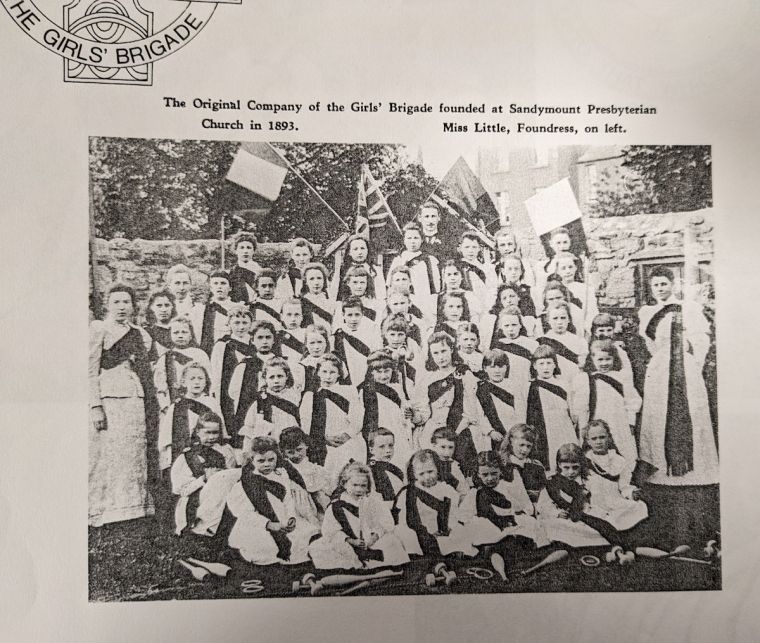A journey through the Girls’ Brigade physical archives is a journey through time. It’s a small room tucked away at headquarters, and could be mistaken for a storage cupboard filled with donations from previous members and volunteers. But if you take some time to dig through the boxes of old badges, the uniforms, the photographs, the hats and the hundreds of carefully bound issues of the GB newsletters, a story begins to unfold – the story of young women who, for 130 years, have participated in an organisation that has offered them significant and empowering opportunities – starting years before women in the UK even had a vote.
2023 marks 130 years since Girls’ Brigade began. They have existed in tandem with the women’s equality and empowerment movements of the 1900s and they continue to equip young girls to grow in confidence to change their communities.
So, what’s changed since the beginning of the organisation – for its members and for girls’ rights? Take a walk through the archives to find out…
1893 – In a time when women didn’t have the vote and they had to fight for their right to formal education, an organisation began for girls. Girls’ Brigade started as a regular PE session during Sunday School in Ireland, but soon became a formally recognised girls-only group – the first of its kind.
1902 – Before the Scouts or the Guides began, Girls’ Brigade groups were being established across the UK. These Christian groups offered a place for girls to meet outside of church and encouraged self-reliance and responsibility as a woman.
1919 – The Parliament Act 1918 was passed, allowing women to be elected to parliament for the first time. This January 1919 issue of The Life Brigade Chronicle reminds the young women of the importance of the milestone and the responsibility they have moving forward.
1940 – A meeting of the Girls’ Brigade was cancelled one evening after their city became the landing place for thousands of soldiers from Dunkirk. One of the chief items on the agenda that evening was to figure out how to care for and host the refugees who were expected to arrive, so rather than meet a notice went up, “Meeting cancelled. Please come and help feed 850 hungry heroes.”
1950s–
Read full article here
(c) The Christian Today, used with permission.




